【rebecca ferguson sex videos】Downtown JACL, JWSSC Name 2023 Women of the Year

The rebecca ferguson sex videosDowntown Los Angeles Chapter of the Japanese American Citizens League and the Japanese Women’s Society of Southern California have selected four noteworthy Japanese American community leaders for the 2023 Women of the Year Award: Kyūka Kanesaka (aka Yukari Kanesaka), Matsutoyo Sato, Fumiyo (Fumi) Stark, and Margaret Nitta Takimoto.
This year’s luncheon event will be held at the Quiet Cannon, Rooms Crystal 1 & 3, 901 N. Via San Clemente, Montebello, on Sunday, May 7, at 12:30 p.m.
Kyūka Kanesaka (aka Yukari Kanesaka)

Kyūka Kanesaka (aka Yukari Kanesaka) obtained her kyōju degree (equivalent to a master’s degree) in kimekomi ningyo* (doll-making) in 1978. In 1982, Kanesaka was granted her gagō (equivalent to a Ph.D. degree), or master artist pen name “Kyūka.”
In 1979, Kanesaka started teaching the art of making kimekomi dolls at local Japanese communities through the group she formed, Yukari Kai Kimekomi Doll Academy. One of her first regular classes was taught at the Westminster Presbyterian Church. Her students consisted of Japanese Americans who were wrongly incarcerated at various camps during World War II. These incredible women were determined to honor their Japanese heritage as American citizens; Through Yukari Kai, under the leadership of Kanesaka, they proudly displayed kimekomi dolls to the public throughout the U.S.
Kanesaka also taught kimekomi doll-making at Orange County Buddhist Church, Long Beach Buddhist Church, and East San Gabriel Valley Japanese Community Center. She has taught classes in Huntington Beach, St. Paul, Minn., and Vancouver, B.C.
For over 40 years, Yukari Kai has participated in various Japanese festivals throughout the U.S., demonstrating the doll-making technique, displaying the students’ artwork, and explaining the rich Japanese history captured by these dolls. Such festivals include the Japan Festival at the Missouri Botanical Gardens, the Japan Festival at Disneyland, Festival of Nations at St. Paul, the Autumn Festival at the Long Beach Aquarium, various Cherry Blossom Festivals in Southern California, and since 1980, the Nisei Week Japanese Festival in Los Angeles.
In 2000, when the headmaster of Kyūgetsu Doll Academy from Tokyo visited Los Angeles, Kanesaka was appointed as the official representative of the Kyūgetsu Doll Academy of Los Angeles. Kanesaka continues to teach and practice kimekomi dolls, passing on the knowledge and history of this wonderful Japanese art form. Kanesaka has granted 30 kyōju (equivalent to a master’s degree) to students throughout the U.S. and Canada.
* Kimekomi ningyō (“ki” means wood, “me” means grooves, and “komi” the process of applying the fabric into the grooves) dates back to the Genbun Era (1736-1741), when a Buddhist monk in Kyoto used leftover scraps of fabric to turn a willow branch into a doll. From there, the art form took off, evolving into its current form. The premise remains – the art of making wood (a hard, inanimate object) appear as a soft, animated animal or character suspended in action. Traditionally, the characters are dressed in Japanese traditional attire.
Matsutoyo Sato

Matsutoyo Sato, given name Junko Fukuchi Ishikawa, was born in Osaka. As a child, she studied European music and opera in Japan for 10 years. At age 16, she was formally introduced to minyo, shigin, and the biwa. By age 20, her instructors strongly encouraged her to be a live-in apprentice or “uchi deshi” in Japan under Madame Matsuko Sato, the late grand master of the Sato School.
Despite opposition from her parents, Sato pursued the study of Japanese music, embracing and excelling in a variety of traditional music genres: minyo, minbu, nagauta, hauta, and zokkyoku. Her skill, determination, and talents were recognized with performances on both local and national NHK television and radio programs, and various stage performances throughout Japan.
In 1966, Sato came to San Francisco, where she established the Matsutoyo Kai Minyo Group and dedicated herself to teaching and promoting Japanese folk music culture in the Northern California area. Within 10 years she was recognized and respected as an artist and teacher, and on her way to eventually certifying more than 150 students in attaining natori, or professional performer status.
In 1976 Sato moved to Los Angeles, setting up classes and performances throughout Los Angeles, Orange, and San Diego counties. Her talents have been recognized broadly in the U.S., as she has performed on “The Gypsy Rose Lee Show” and in films such as “The Karate Kid II” and various television commercials.
Through a chance meeting with a music director at a minyo concert in Los Angeles, Sato was able to record an album with Polydor Records, “Matsutoyo Sato Japanese Folk Songs.” The album included “Sho Tokyo Ondo,” or “Little Tokyo Ondo,” which was composed by Hachiro Kasuga with lyrics by Kaori Nana. Her recording is still played at the Nisei Week Japanese Festival. This song represents the beauty of Los Angeles, and the unity of people from all walks of life joining together to celebrate the Little Tokyo festival.
In 2006, Matsutoyo Kai became a nonprofit organization. Its primary mission is to pass on the traditional music of Japan and to create and leave a Japanese music legacy. Part of that purpose is to provide instruction in singing, shamisen, taiko, and kane and to give public performances in Japanese folk and classical music. With Sato as artistic director, Matsutoyo Kai continues to expand, keeping the traditional art of Japanese culture alive.
Sato has four children: Paul, Lisa, Peter, and Scott; and three grandchildren: Pert, Ken, and Kathryn. Sato’s daughter, Lisa, received her natori of Marisa Kosugi in Tokyo. Her grandchildren, Kathryn and Pert, both perform shamisen with Matsutoyo Kai.
Today, Sato continues to teach and pass on her knowledge, passion, and expertise in minyo throughout Northern and Southern California.
Fumiyo (Fumi) Stark

Fumiyo (Fumi) Stark was born and raised in Kamakura. She has two sisters who are living in Japan: Tamiyo in Yokohama and Kimiyo in Kamakura. Stark graduated from the Tokyo University of Education (Kokuritsu Tokyo Kyooiku Daigaku), with a B.A. in psychology and a Teachers’ Certificate in English for middle and high schools. To further improve her English, she decided to study English in America.
Stark attended the University of Wisconsin-Madison and studied teaching English as a second language. She also met her husband, Mike, there. After completing the program at the university, Stark went back to Japan to teach English. She and Mike were married in Japan.
Stark taught English at a high school in Fujisawa, and also at the Kanda Gaigo English Language School in Tokyo. After two years of living in Japan, they moved to Hawaii, where Stark taught Japanese at the University of Hawaii Adult School. After Mike finished his master’s degree in Hawaii, they moved to California, where he studied theology at Fuller Seminary in Pasadena.
Stark began working at Huntington Memorial Hospital, in the Respiratory Therapy Department. She also attended California State University Los Angeles and received a master’s degree in education. Stark worked at Huntington Memorial Hospital for five years, and then at USC for 27 years. While working at USC, she was accepted to their Executive Health Administration Program. After two years of working and studying, Stark completed the program and received her second master’s degree, this time in health administration, at the age of 60.
During the last two years or so at USC, Stark became the president of the USC Japan Office and relocated to Tokyo. There she was involved in facilitating alumni relations, recruiting Japanese students to USC, and helping USC faculty members and students who came to Japan. Although the work was very demanding, Stark felt fortunate that she was able to visit her parents, who were in an assisted care facility, almost every weekend.
As a volunteer, Stark was involved with several organizations: Zoe International (with an emphasis on stopping human trafficking), Crossway Church in Pacoima, and the Japanese American Pioneer Center. At Zoe International, she helped with their office work and annual fundraising event. At Crossway Church, Stark was one of the deacons responsible for contacting members periodically to check if they are fine. Before the COVID pandemic, she was the chair of their Sunday service as well.
Stark started volunteering as an office worker at the Pioneer Center in 2012 and served three presidents there. Although she lived in Santa Clarita, 37 miles northeast of Los Angeles, she came to the office a couple of times a week and was involved with all aspects of office work. When she became a board member, Stark served first as a treasurer, and then as a secretary. She was elected as the Pioneer Center president for 2022, becoming the first woman president in its 50-year history. She was re-elected to serve through 2023.
Stark has a daughter, Rebecca, and a son, David, who is married to Elizabeth. She has three grandkids: Kaiya, Mia, and Nico.
Margaret Nitta Takimoto

Margaret Nitta Takimoto is a Sansei born in San Fernando to her Kibei Nisei parents, Kenji and Emiko Nitta, who met and married in the Tule Lake concentration camp in 1945. Her parents were pioneers who helped raise funds to build the San Fernando Valley Japanese American Community Center, Japanese Language School, and SFV Hongwanji Temple.
Takimoto earned her bachelor’s degree in microbiology from UCLA and completed her medical technology internship at the Los Angeles Kaiser Hospital. She then became a licensed clinical laboratory scientist. Returning to work after a life changing illness in 1991, Takimoto continued to oversee the technical operation of the laboratory testing and implemented PCR testing, a highly complex analysis, on-site.
To meet the challenge of improving patient care, Takimoto was asked to develop a phlebotomy training program. Now the program is required by the State of California Field Services. Her staff trained and certified over 250 nursing assistants to draw blood. This was a challenging endeavor but also one of the most gratifying things to be able to help so many learn a new skill and elevate their professional worth.
For 40 years, Takimoto worked as a hematology supervisor in the Clinical Laboratory at the Northridge Hospital Medical Center and as a Clinical Laboratory Scientist Internship Training program director. She retired in 2015.
For 25 years, Takimoto was the parent representative for her children’s basketball teams. She has served as the co-head commissioner for SFVJACC Athletics, which has 250 participants. She initiated the Pee Wee Clinic for children ages 4 to 7 and recruited the prep-age players to assist in running the camp as part of giving back to the program. In addition, Takimoto oversaw the Athletics Scholarship program. She organized and provided a Zumba class for the parents while the youngsters practiced.
Since 2015, Takimoto has been co-chair of the SFVJACC Future Planning Committee (FPC), whose mission is to develop short- and long-range plans for the community center, including physical improvements by seeking experts and architects to design plans. Like her parents many years ago, Takimoto is a visionary who has been working on plans to add a new multipurpose room, new Japanese school, and gym on the SFVJACC campus where all generations will thrive.
Takimoto has been a board member with the Rising Stars Youth Leadership Program based in Little Tokyo for the past 16 years and sees it as a great opportunity to encourage youth to become active in the Japanese American community as future leaders. The program is designed to develop leadership skills and cultural awareness that can be used by students in school, in their careers, and back in their communities.
Takimoto and her husband, Dick, have been married for 50 years. Her daughter, Jamie Bledsoe, is a family nurse practitioner living in North Carolina with her husband and son, Gregory Kai, Takimoto’s first grandson. Takimoto’s son, Curtis, is a real estate developer/investor, coaches high school basketball, and lives in Long Beach with his wife, Leah. Takimoto has three siblings: Eugene Nitta of Hawaii, Dianne Doi of La Palma, and Teri Flock of Escondido.
John Wooden’s quote best describes Takimoto’s values: “The person you are is the person your children become. Show love, compassion, self-control, and discipline: see knowledge and demonstrate good values.”
Ticket Information
Tickets are $50 per adult and $25 per child (ages 10 and under). Specify if vegetarian is requested. The deadline for reservations is April 21. Registration begins at 12 p.m. No gifts. Seating arrangements are made in tables of 10. Make checks payable to Downtown L.A. JACL. Mail check and the list of attendees to Amy Tambara, Women of the Year Chairperson, 526? W. Riggin St., Monterey Park, CA 91754. For more information, call Tambara (English/evenings) at (323) 722-3897, Rodney Nakada (English/Japanese/days) at (213) 628-1808, or Joyce Chinn (English/Japanese) at (818) 317-4541.
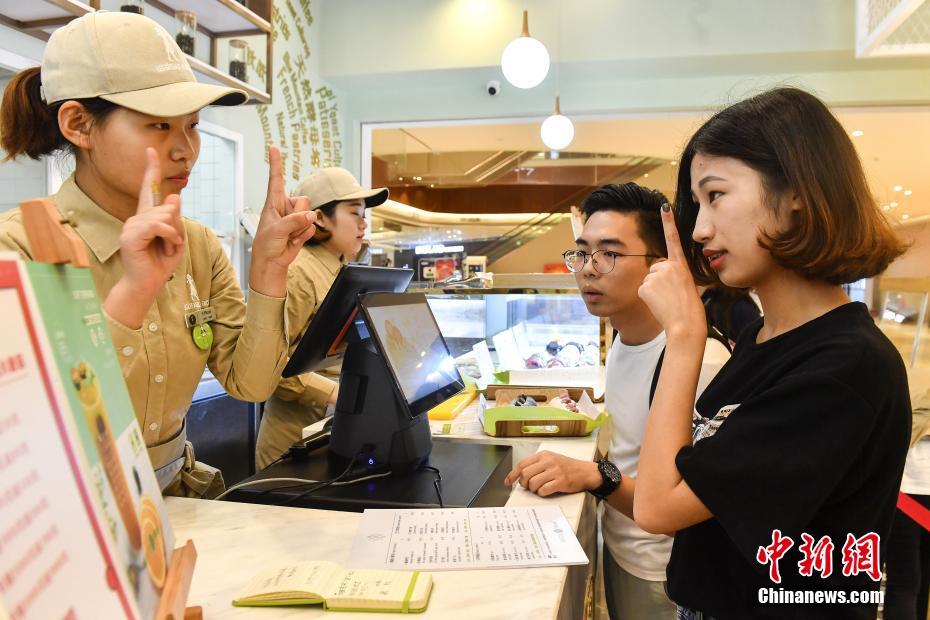
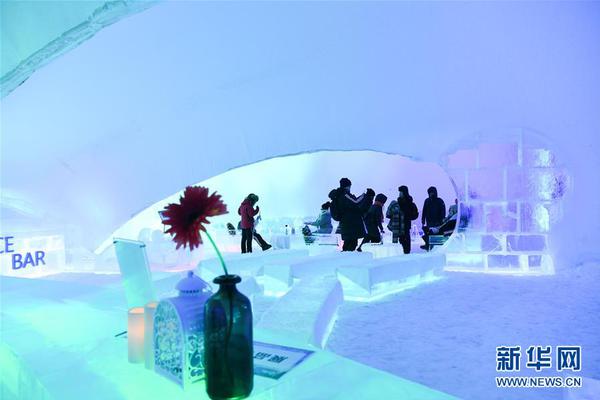



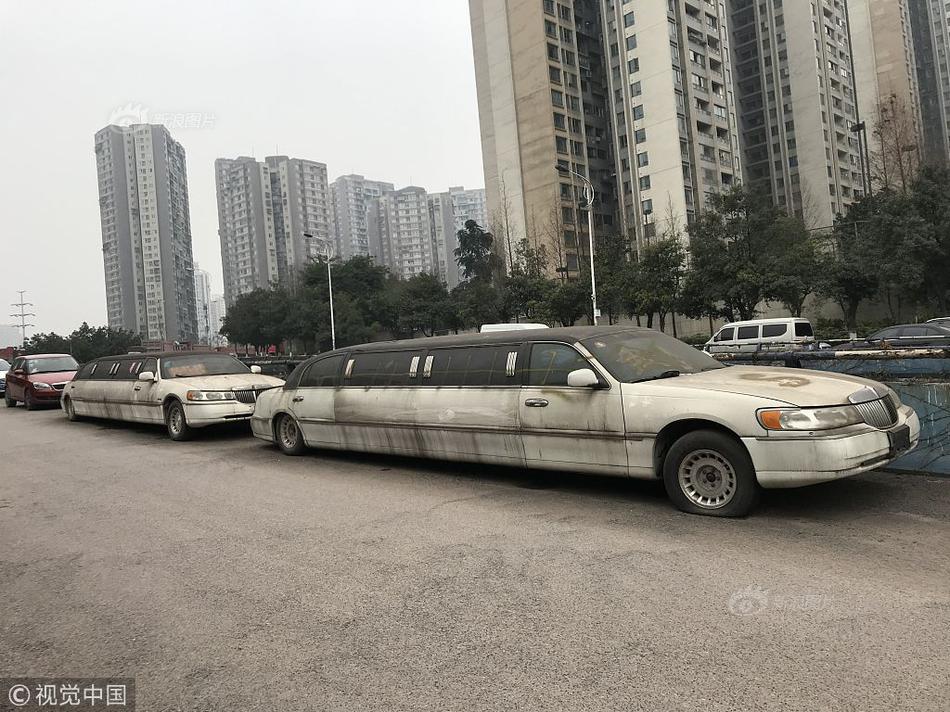
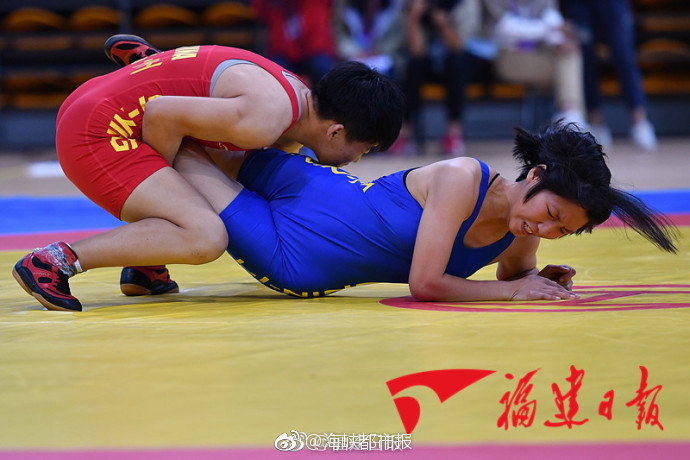
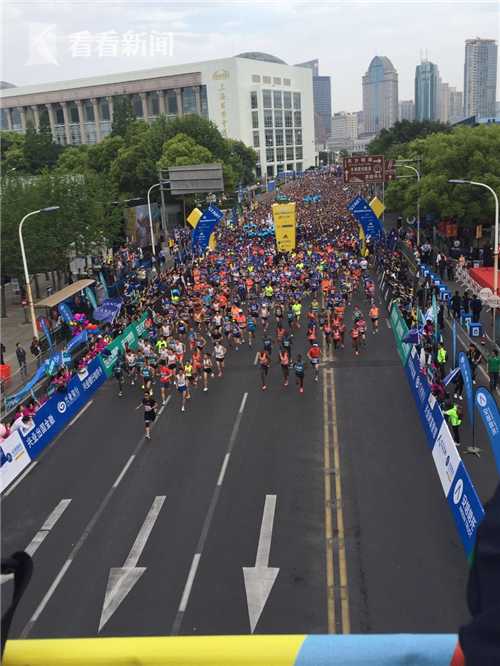
Comments
Leave a Comment